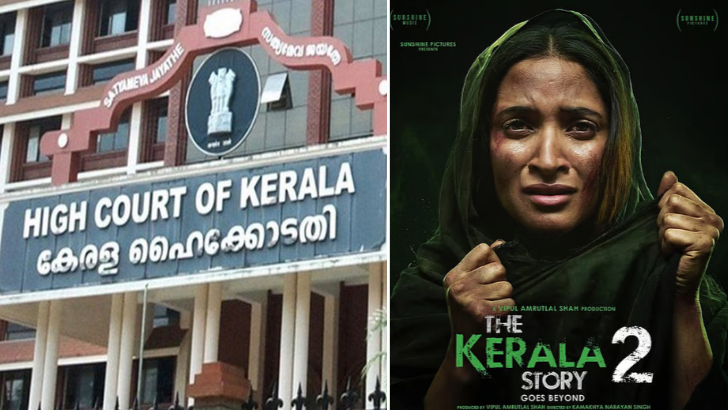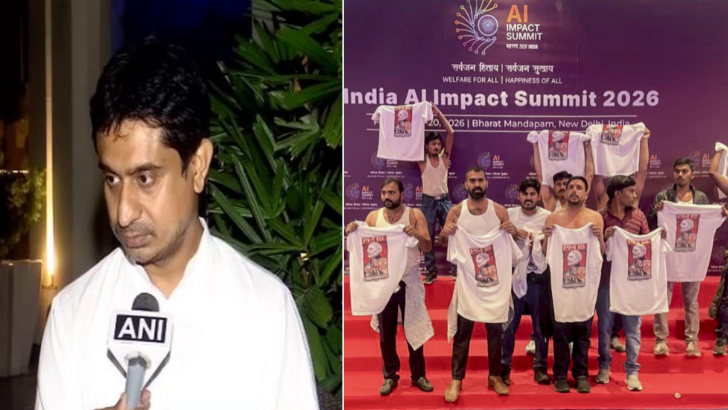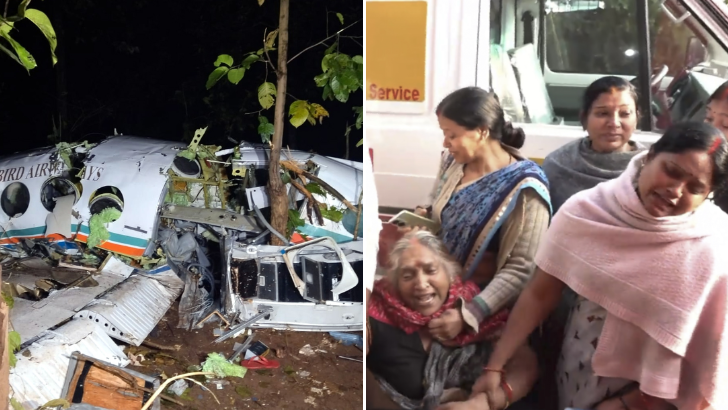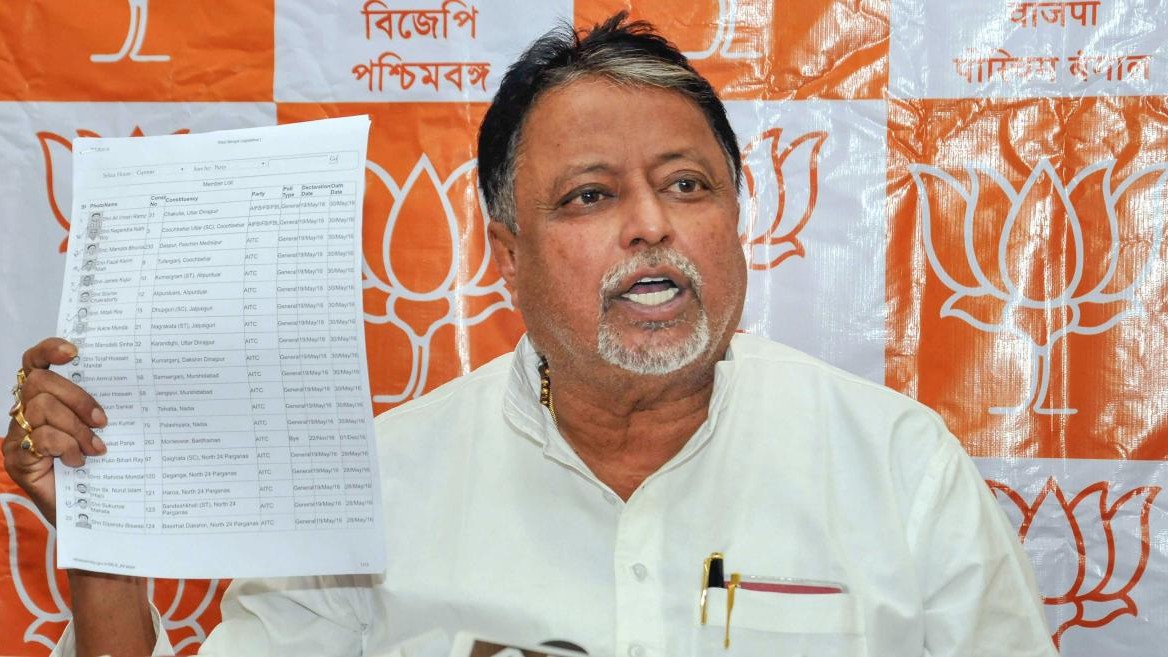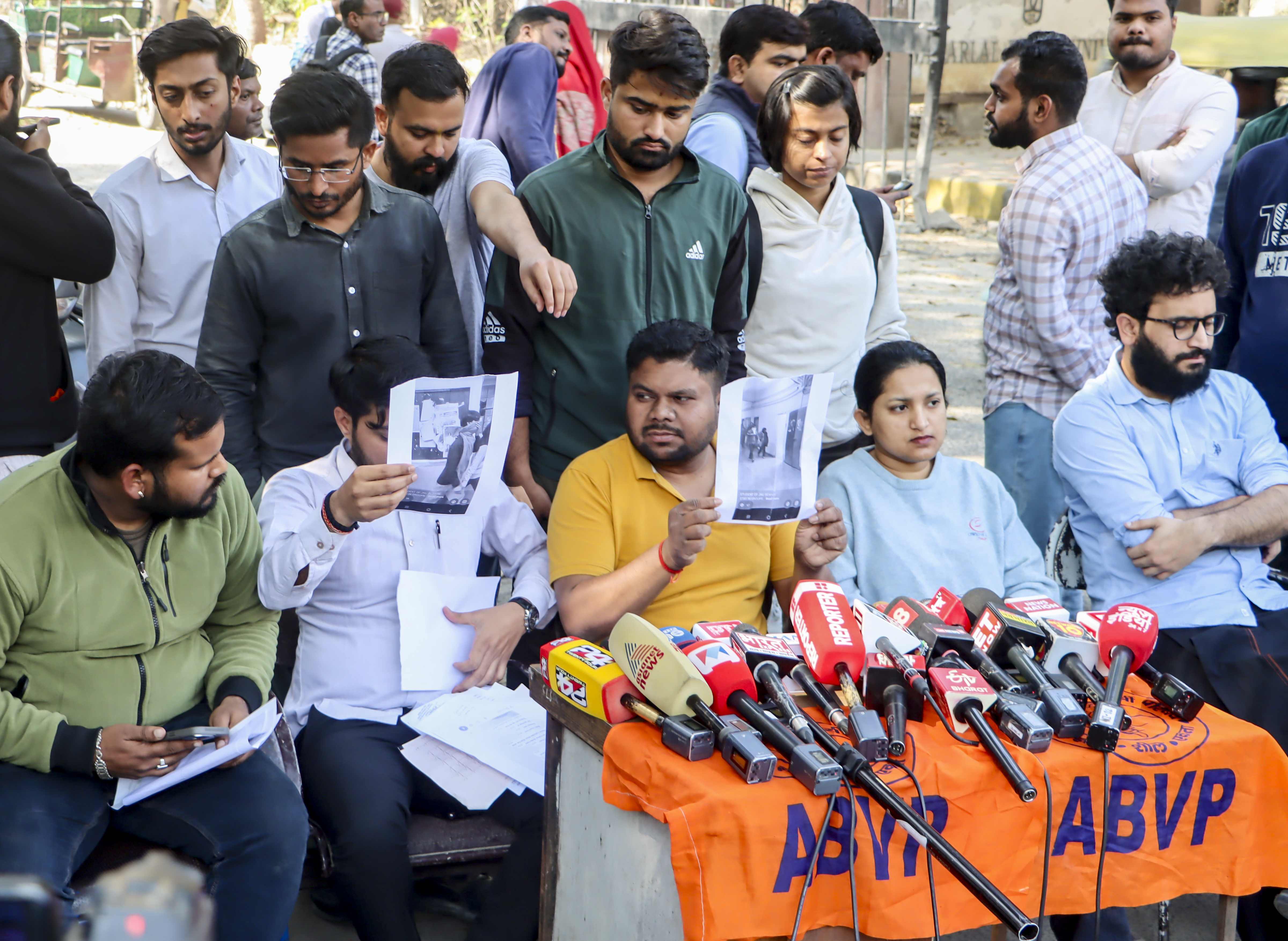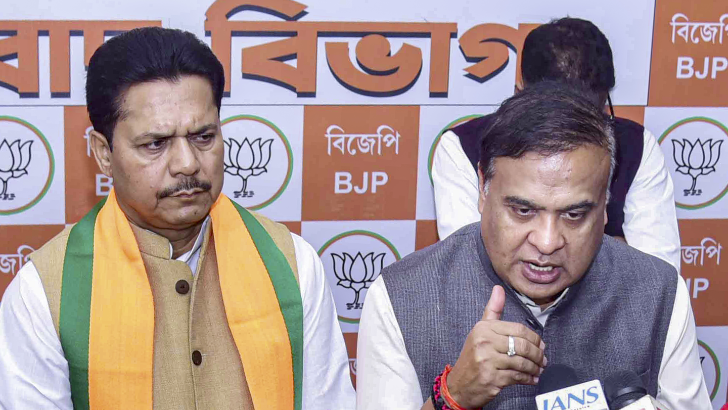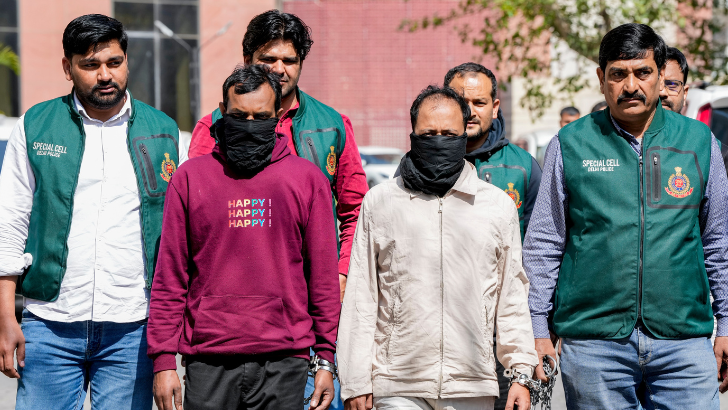Seshan offered to be home minister after Rajiv assassination: Gopal Krishna Gandhi in new book
Gopal Gandhi was joint secretary to then president R Venkatraman when the Rajiv Gandhi was killed in a suicide bomb attack in Tamil Nadu.
PTI
-
Former election commissioner TN Seshan lifts a dumbbell after inaugurating the 'Lever Ayush Therapy Center', in Chennai (19 August, 2005, PTI)
New Delhi, 17 April
A “bossy” chief election commissioner TN Seshan proposed an
immediate halt to the general election process when Rajiv Gandhi was
assassinated on 21 May, 1991 and put himself forward as home minister, claims a
new book by former West Bengal governor Gopal Krishna Gandhi.
Gopal Gandhi was joint secretary to then president R
Venkatraman when the former prime minister was killed in a suicide bomb attack
during an election rally in Sriperumbudur, Tamil Nadu.
In ‘The Undying Light: A Personal History of Independent
India’, launched by veteran actor Sharmila Tagore at the India International
Centre (IIC) on Wednesday, Gandhi recalls that Seshan was the one who broke the
news of the assassination to the president.
Seshan also got himself to the Rashtrapati Bhawan
"super-fast" that night, he writes.
Gandhi was present at the Rashtrapati Bhawan alongside
Seshan, Venkatraman and the president’s secretary P Murari. He says the CEC
spoke his mind to him in “whispered urgency” only about 12 feet from where the
president was seated.
"With wide eyes and shovelling hands, Seshan spoke in
whispered urgency. He said he felt the election process needed to be stopped
straightaway, the nation's security be brought under swift and strict control,
and that he was ready to play his role beyond his office of CEC and, if RV
thought fit, could serve as the country's home minister," reads the book.
"A kind of euphoria had possessed the civilian, a surge
of power, a suffusion of energy," Gandhi says in his latest book.
In early 1991, Congress had withdrawn its support from prime
minister Chandra Shekhar’s government, alleging that it had spied on Rajiv
Gandhi. Chandra Shekhar stepped down and, with no other party able to provide a
stable alternative, fresh elections were called.
Rajiv Gandhi’s assassination by a suicide bomber associated
with the LTTE (Liberation Tigers of Tamil Eelam), a militant separatist
organisation from Sri Lanka, came right in the middle of the election campaign.
According to Gandhi's diary on that day, Seshan, credited
with ushering in major electoral reforms during his tenure as the 10th CEC
between 12 December, 1990 and 11 December, 1996, was "present
throughout" the tense situation, being "bossy and trying to take
charge".
However, none of Seshan’s suggestions were considered. Both
prime minister Chandra Shekhar and cabinet secretary Naresh Chandra, who also
met with the president shortly afterward, reassured him that “every step is
being taken to contain the crisis... there is no need for any panic, no need to
pause the election process”.
"The prime minister here, Chandra Shekharji, as you
have yourself explained, is prime minister in every sense of the term and is
heading the government that is in total control of the situation and will
handle any fallout, internal or external, with total confidence. India is
secure. Please be assured," the book quotes Chandra as saying.
Meanwhile, unable to stop the elections altogether, Seshan,
according to the book, ordered a significant postponement of the second and
third phases of polling -- rescheduling them from their original dates to 12
and 15 June, following the first round held on 20 May.
The Ramon Magsaysay awardee, according to the book, had
claimed in an interview that the polling dates were dictated by the government.
However, this was met with an "emphatic denial" from Chandra Shekhar.
"Why would Seshan be doing this? Only Seshan knew. VP
Singh and IK Gujral called on RV on 15 June to complain about the EC's 'strange'
practices," Gandhi says.
"The Undying Light" also draws from Venkataraman’s
memoir ‘My Presidential Years’ to say how the president viewed the CEC.
Venkataraman acknowledges in it that Seshan did his work
impartially and firmly but "during all these charges and counter-charges
CEC Seshan maintained an unnecessarily high profile, holding press conferences
every day, giving his views on all issues and hurting people by his
brashness".
Leave a Reply
Your email address will not be published. Required fields are marked *








.jpg)

